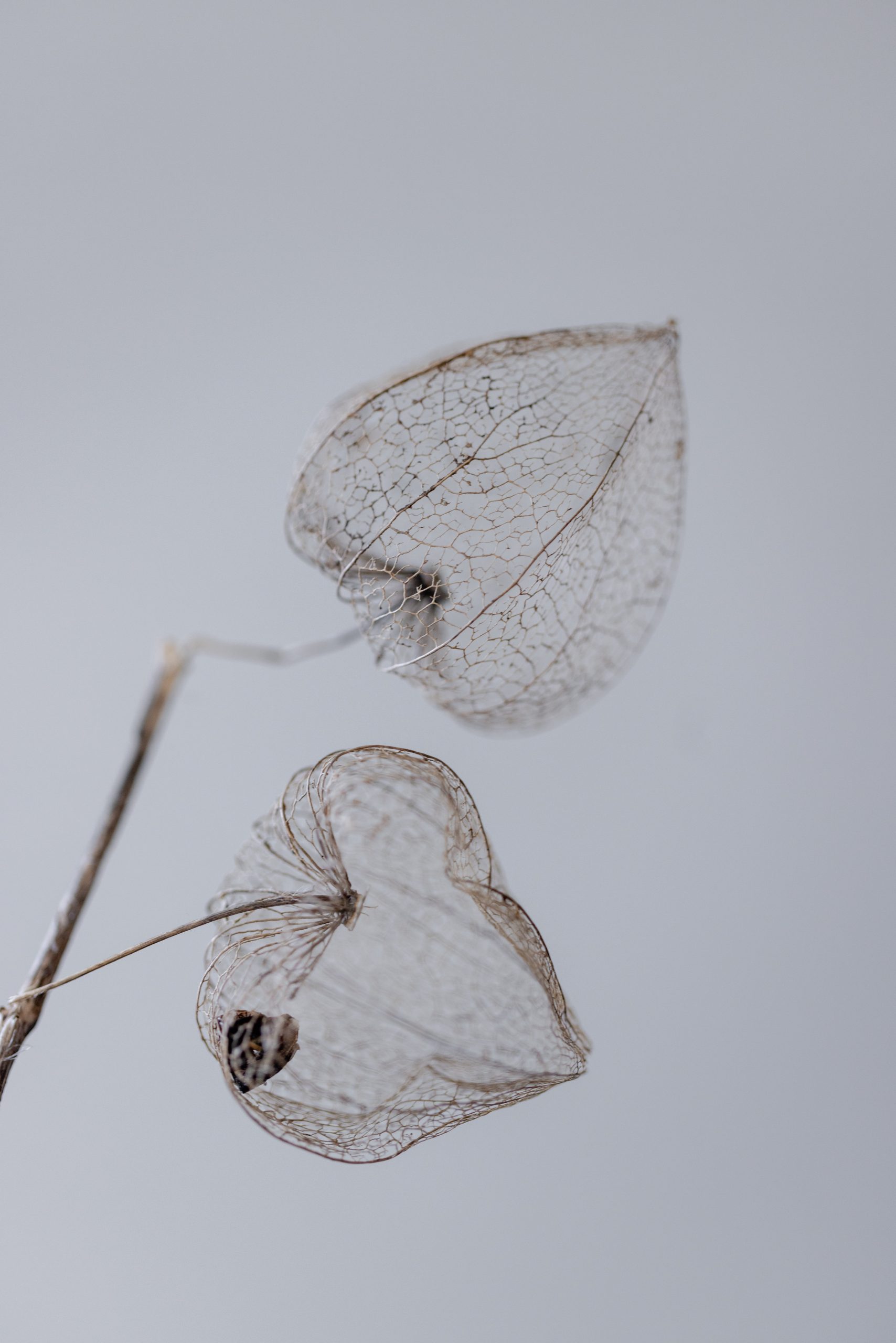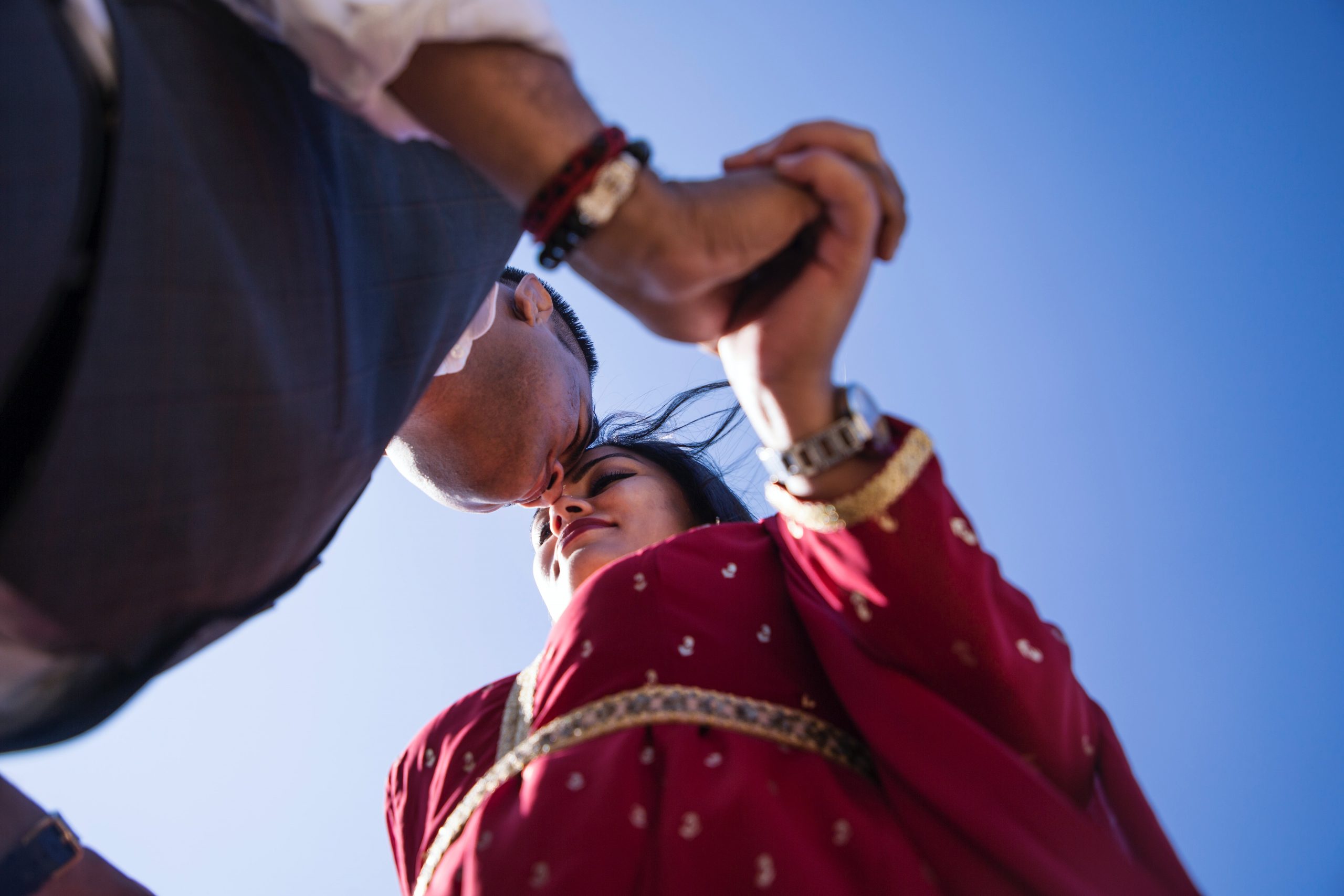Imaginarium
The sleepy, somnolent air of a summer’s day
reels away in ribbons through the stratosphere,
spooling down to cooler night
as the city awakens again.
Electric cars are death watch beetles, tick-ticking
over still hot pavement, invisible until close enough
to be touched by startled pedestrians sharing their space.
Lights in skyscraper windows flicker and burn
in tandem, until finally they are as torches
reaching up to the sky, a sacrifice
to the new gods of industry.
Furtive love and quicksilver hate duel for supremacy,
a lover’s dance that never ends,
slipping, sliding, grinding, through the night.

